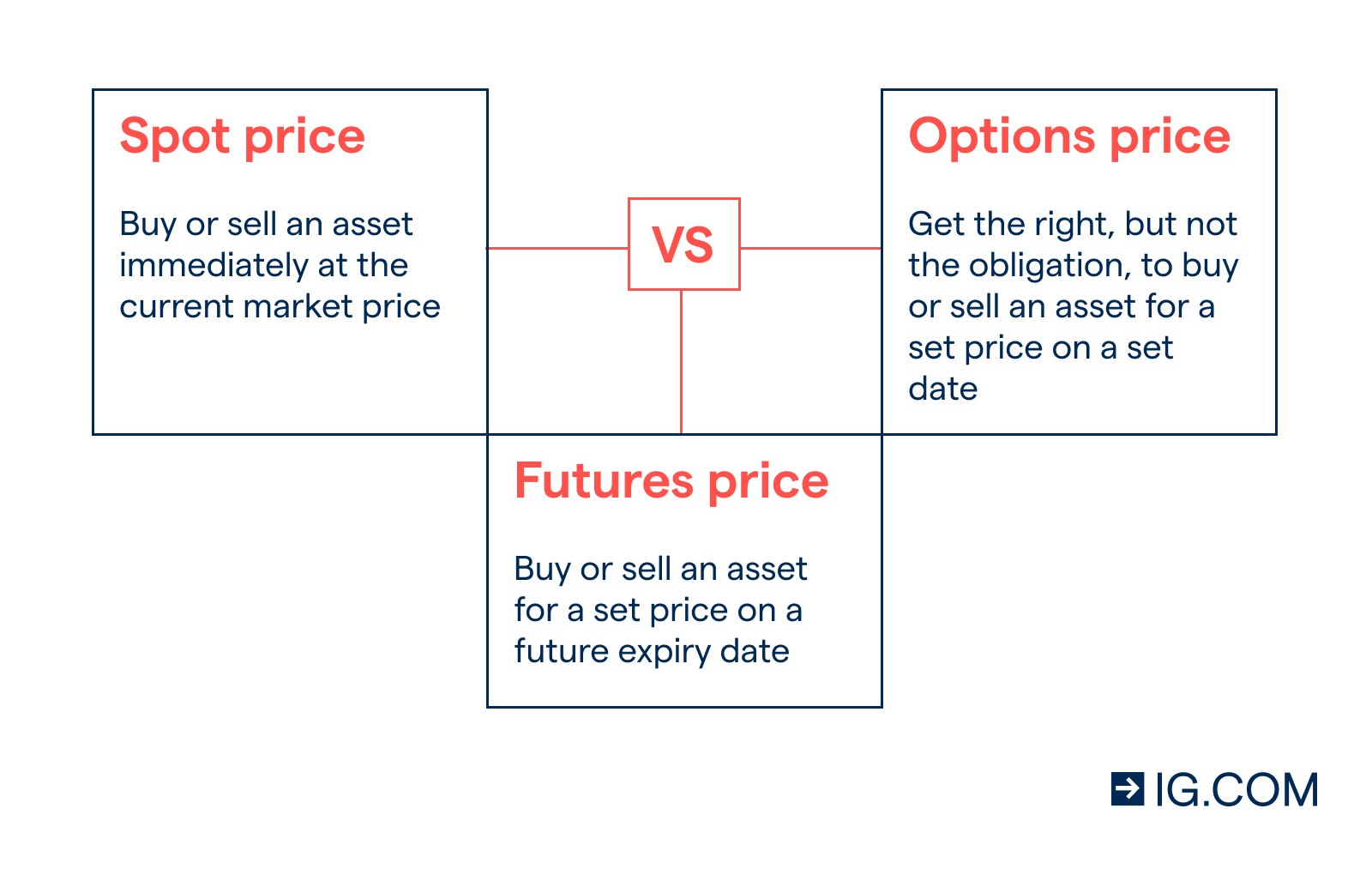Introduction
As the financial landscape continues to evolve, it becomes increasingly vital for investors to stay abreast of its complexities. Two popular trading instruments that have gained traction in recent times are options trading and forex. While both offer potential profit opportunities, they possess unique characteristics and require a comprehensive understanding for investors to make informed decisions. This article explores the intricate differences between option trading and forex, shedding light on their respective nuances and providing valuable insights for investors seeking to navigate these markets.

Image: filmspksmo.blogspot.com
Decoding Option Trading
Option trading involves the concept of derivatives, where contracts are established to exchange the underlying asset at a predetermined price within a specified time frame. Options contracts provide buyers with the right, not the obligation, to purchase or sell an underlying asset at a predefined strike price on or before a specific expiration date. Three key factors govern options trading: the underlying asset, the strike price, and the expiration date.
Types of Options:
- Call Option: Grants the buyer the right to purchase the underlying asset at the strike price.
- Put Option: Grants the buyer the right to sell the underlying asset at the strike price.
Traders use options trading strategies to speculate on asset price movements, hedge risks, or generate income through options premiums.
Understanding Forex Trading
Forex trading, also known as foreign exchange trading, involves the buying and selling of currency pairs. It is the largest financial market globally, with a daily trading volume exceeding $5 trillion. Traders aim to profit from fluctuations in exchange rates between currencies.
Underlying Assets: Unlike options trading, which has various underlying assets, forex trading solely deals with currencies. Major currency pairs traded in the forex market include EUR/USD, USD/JPY, and GBP/USD.
Types of Forex Orders:
- Market Order: Executes a trade immediately at the current market price.
- Limit Order: Executes a trade only when the price meets a predetermined threshold.
- Stop Order: Triggers a trade if the price surpasses a specific level.
Forex traders employ various trading strategies, including fundamental analysis, technical analysis, and news trading, to capitalize on currency market movements.
Key Differences: Option Trading vs. Forex
Underlying Asset: Options trading offers flexibility with multiple underlying assets, while forex trading is limited to currency pairs.
Right vs. Obligation: Option trading provides only the right to buy or sell, not an obligation, whereas forex trading involves actual ownership and exchange of currencies.
Complexity: Option trading is generally considered more complex than forex trading due to its derivative nature and the need to manage multiple factors.
Liquidity: Forex trading boasts superior liquidity compared to options, ensuring easier execution of trades and tighter spreads.
Time Horizons: Options contracts have fixed expiration dates, while forex trades can be held indefinitely.

Image: www.slidemake.com
Latest Trends and Developments
Recent advancements in technology and data analytics have significantly impacted both option trading and forex markets. Algorithmic trading and automated execution have become prevalent, enhancing efficiency and optimizing trading decisions.
Social media platforms and online forums have also emerged as valuable sources of information and market insights. Traders leverage these platforms to connect, share strategies, and stay updated with market news.
Tips & Expert Advice: Options Trading vs. Forex
For Option Traders:
- Thoroughly Research: Understand option contract specifications, greeks, and various trading strategies.
- Manage Risk: Employ risk management techniques to mitigate potential losses.
- Start Slowly: Begin with small trades and gradually increase trade size as you gain experience.
For Forex Traders:
- Know Your Currencies: Study currency fundamentals, economic indicators, and market sentiment.
- Use Leverage Wisely: Leverage can magnify returns but also amplify losses, so use with caution.
- Follow a Trading Plan: Establish a disciplined trading plan based on research and analysis.
Frequently Asked Questions (FAQs)
Q: Which is more profitable, option trading or forex trading?
A: Profitability varies depending on skills, market conditions, and individual trading strategies.
Q: Which strategy is more suitable for beginners?
A: Forex trading tends to have a lower barrier to entry, but thorough knowledge of both options is crucial.
Option Trading Vs Forex
Conclusion
Understanding the nuances of option trading vs. forex is essential for investors seeking profitable opportunities in these markets. Option trading offers flexibility with underlying assets and hedging options but is more complex than forex. Forex trading, on the other hand, is more liquid, has fewer moving parts, and is suitable for shorter-term strategies.
Whether you choose option trading or forex, it is paramount to approach the markets with a sound understanding, risk management strategies, and a willingness to learn and adapt. Are you eager to delve deeper into the dynamic world of option trading or forex? Embark on your trading journey with the insights provided in this article and remember to continually refine your skills to maximize your success in these ever-evolving markets.






